We've gone Pink to help fight Breast Cancer.
Use code "BREAST" and we'll Donate $50 to National Breast Cancer Foundation
Main Menu
Petsy Breed Pages
The world’s most comprehensive information on the ...
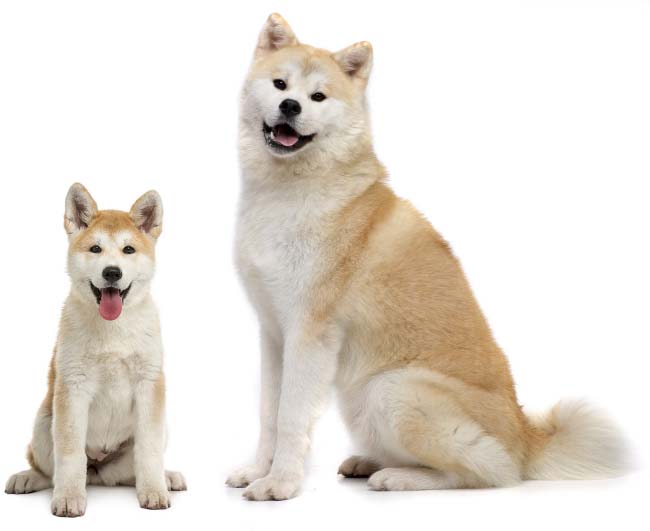
$750.00 - $2000.00
Akita Inu, Japanese Akita, Great Japanese Dog
Extra large
Working Group
Medium
Medium
Extra low
10 to 12 years

Would you like to know what it would cost to insure an Akita? Find out by getting a free quote, with petsy pet insurance.





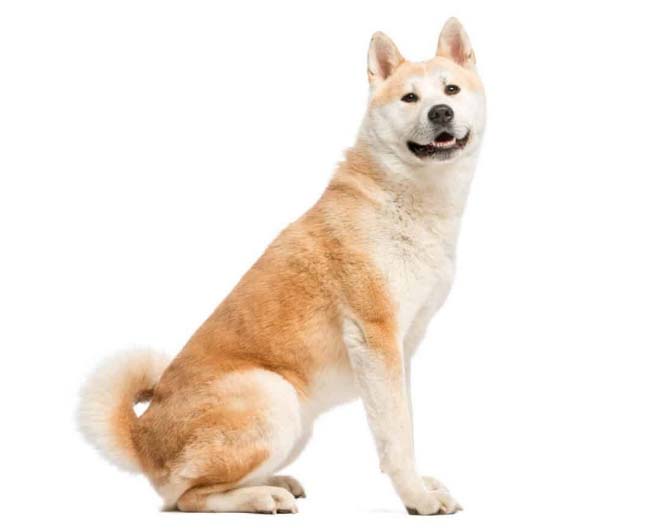
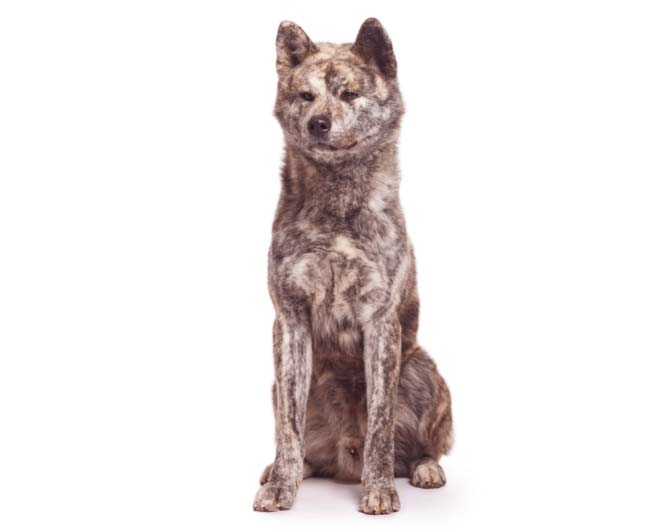


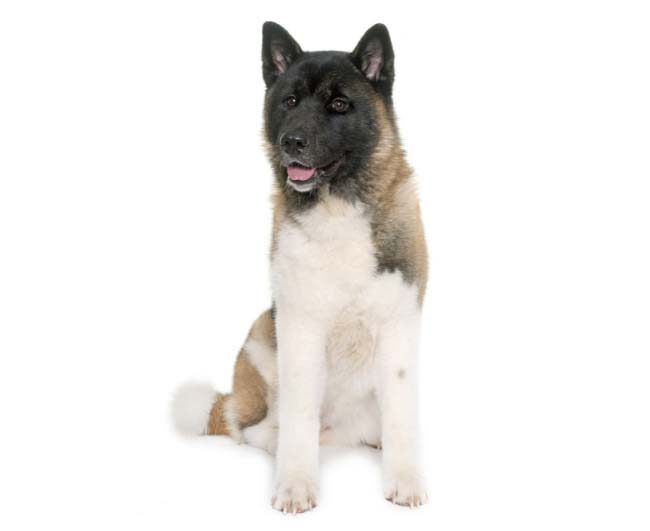
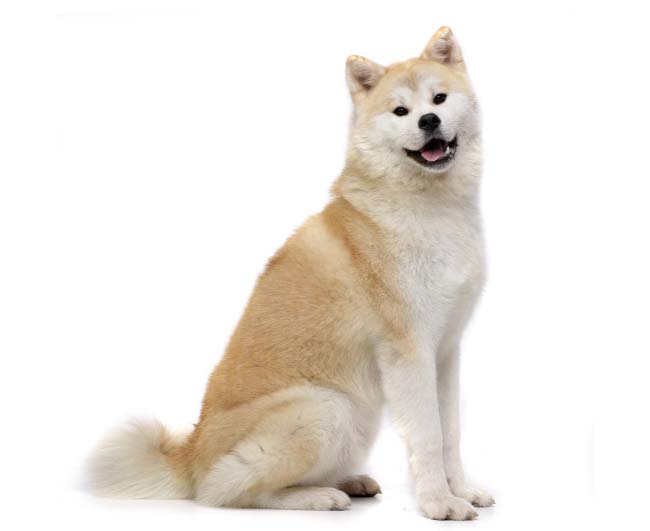
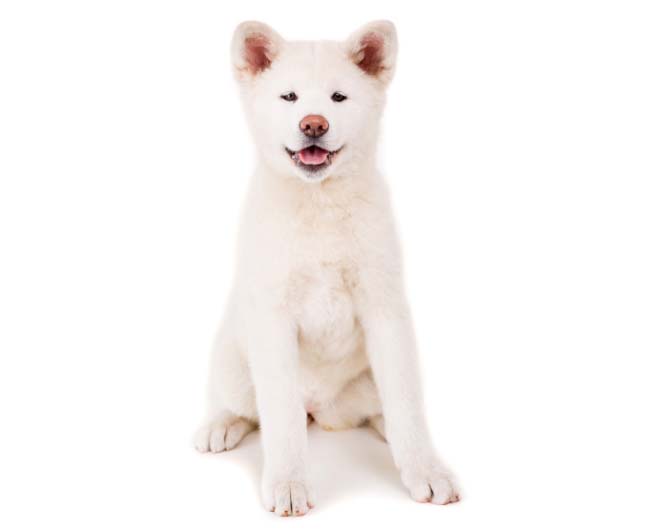

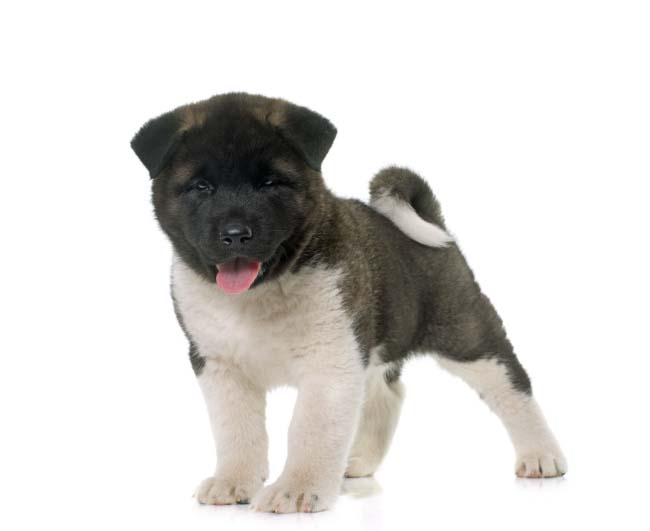
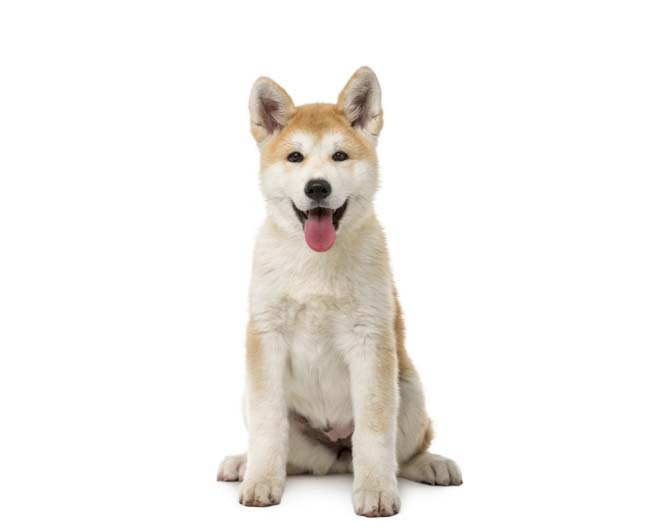

Akita come in a variety of colours, including Brindle, Red Fawn, Red Fawn, Sesame, White and Lemon, White, White and Lemon, Brindle, Red Fawn, Red Fawn.


How much do
Akita eat?
1.50 to 2.50 cups of food a day

How much
exercise do they need?
40 to 60 Mins

Are they kid friendly? Make a good family pet and are protective of children

Do they need a lot of space? Yes, they need a large, fenced yard
Patellar Luxation
Legg-Perthes Disease
Hip Dysplasia
Heart murmurs
Akitas thrive on a well-balanced dry or wet dog diet. They should be fed two meals every day, which you can split into two servings.
While Akita pups are developing, you can feed them 3-4 little meals each day. Safe, clean water should be provided all throughout the day.
Akitas have a dense double coat that sheds two or three times a year, which means they will fully shed their old hair and bring new, healthy fur.
It is quite noticeable usually during spring and fall, so you might want to increase their brushing routine on these days. Weekly brushing helps reduce the amount of hair in your home, and it keeps their plush coat healthy.
Grooming them would only take you a few minutes each week. Brush them weekly with a rubber grooming mitt or a brush with short, natural bristles. A fine-toothed flea comb helps remove loose or dead hair. Their undercoat may come out in little thuds.
Regular brushing will help keep shedding under control. With regular brushing, they shouldn’t need a bath more than every month or two.
Ears are an important area to check when you are grooming them, so if you smell an odour or see wax, clean the inner ear with a cotton ball, using a cleanser recommended by your veterinarian.
Your careful weekly assessment will help you recognise potential health problems early.
Akitas are large dogs that require a lot of activity. They need up to two hours of exercise which may be spent running or walking. They love playing in a spacious, safe yard with enough activity to keep their brain busy.
Akitas have a natural attraction for water, and many of them like a swim from time to time.
Regular visits to their vet will ensure their health and well-being. Schedule at least twice a year veterinary care or as recommended depending on your dog's state. In these visits, your vet will complete a physical examination, take your dog's temperature and check his heartbeat, among other things. Discuss with your vet any concerns you think needs immediate attention as it is a key part of preventative care.
The Akita is a loving and devoted family member who enjoys being an only dog. They are best suited for households with older children.
The Akita is a strong-willed dog who is naturally suspicious of strangers yet dedicated to its family. They are loving and playful with their family.
Akitas are very clever, strong-willed, and proud. They are intelligent and devoted, yet their independence and willingness to do things on their own may be challenging at times.
They respond best to polite orders and positive-training approaches that depend on motivation. So, make training enjoyable for both of you!
The Akita can be hostile toward other dogs outside the family, especially because they have a dominant personality. They are particularly prone to same-sex aggression.
They need positive socialization as well as persistent, tough training. When they are mismanaged or mistreated, they can become violent.
Here are some of the breeders who we work with as part of our breeder awareness program.
They are invested in ensuring the longevity of the breed and that new owner become responsible Affenpinchers owners.
Affenpinchers who are friends of Petsy





Enter your email in the form below and we will send you the full report as a pdf directly to your inbox.
Don’t worry, we hate spam too – read our privacy policy
Find the right level of insurance for your needs our customised quote takes less than a few minutes to complete.
Akitas thrive on a well-balanced dry or wet dog diet. They should be fed two meals every day, which you can split into two servings.
While Akita pups are developing, you can feed them 3-4 little meals each day. Safe, clean water should be provided all throughout the day.
Akitas are large dogs that require a lot of activity. They need up to two hours of exercise which may be spent running or walking. They love playing in a spacious, safe yard with enough activity to keep their brain busy.
Akitas have a natural attraction for water, and many of them like a swim from time to time.
The Akita is a loving and devoted family member who enjoys being an only dog. They are best suited for households with older children.
The Akita is a strong-willed dog who is naturally suspicious of strangers yet dedicated to its family. They are loving and playful with their family.
The Akita can be hostile toward other dogs outside the family, especially because they have a dominant personality. They are particularly prone to same-sex aggression.
They need positive socialization as well as persistent, tough training. When they are mismanaged or mistreated, they can become violent.
Suite 58, Mezzanine/388 George St, Sydney NSW 2000
Petsy Pty Ltd (ABN 54 633 343 058, AR 1277359) (‘Petsy’) distributes and promotes Petsy Pet Protection Plus (formally Petsy Pet Insurance), Petsy Puppy Protection Plus and Petsy Kitten Protection Plus as an authorised representative of Knose Financial Services Pty Ltd (ABN 38 620 795 735, AFSL 536651) trading as ThePetInsuranceCompany.com.au (‘ThePetInsuranceCompany.com.au’). ThePetInsuranceCompany.com.au is an underwriting agency acting under a binding authority as an agent for the insurer; Pacific International Insurance Pty Limited (ABN 83 169 311 193) (‘Pacific) in relation to Petsy Puppy Protection Plus and Petsy Kitten Protection Plus policies and Petsy Pet Protection Plus policies from 01 March 2023 or have an anniversary renewal date from 18 March 2023, and the Australia branch of Allied World Assurance Company, Ltd (ABN 54 163 304 907) (‘Allied World’) in relation to Petsy Pet Insurance policies purchased between 17 February 2022 and 28 February 2023 (inclusive) or renewed between 01 March 2023 and 17 March 2023 (inclusive). In all aspects of arranging this product, Petsy and ThePetInsuranceCompany.com.au act as an agent of Pacific/Allied World (as the case may be) and not as your agent. Any advice contained in this email is general advice only and has been prepared without taking into account individual objectives, financial situation or needs and you should consider the appropriateness of any such advice, the Product Disclosure Statement (‘PDS’) and the Target Market Determination (‘TMD’) available via http://www.petsy.com.au or by calling 1300 952 790 before making a decision to acquire, or to continue to hold, the product. Terms, conditions, limits and exclusions apply. Please refer to the PDS.
© Copyright 2024 Petsy Pet Insurance
During the application process You will be provided with the option to include Optional Extra Benefits that cover certain conditions and Treatments which are not otherwise covered under the Policy.
The Optional Extra Benefits are:
Alternative Therapies, Behavioural Problems, and Dental Illness.
Examples of Alternative Therapies: Acupuncture, physiotherapy, hydrotherapy
Examples of Behavioural Problems: Excessive licking, fur pulling, pacing and destructive
chewing.
Examples of Dental Illnesses: Dental diseases, gingivitis, periodontal disease.